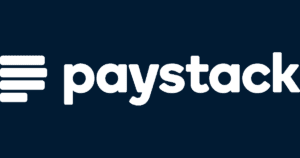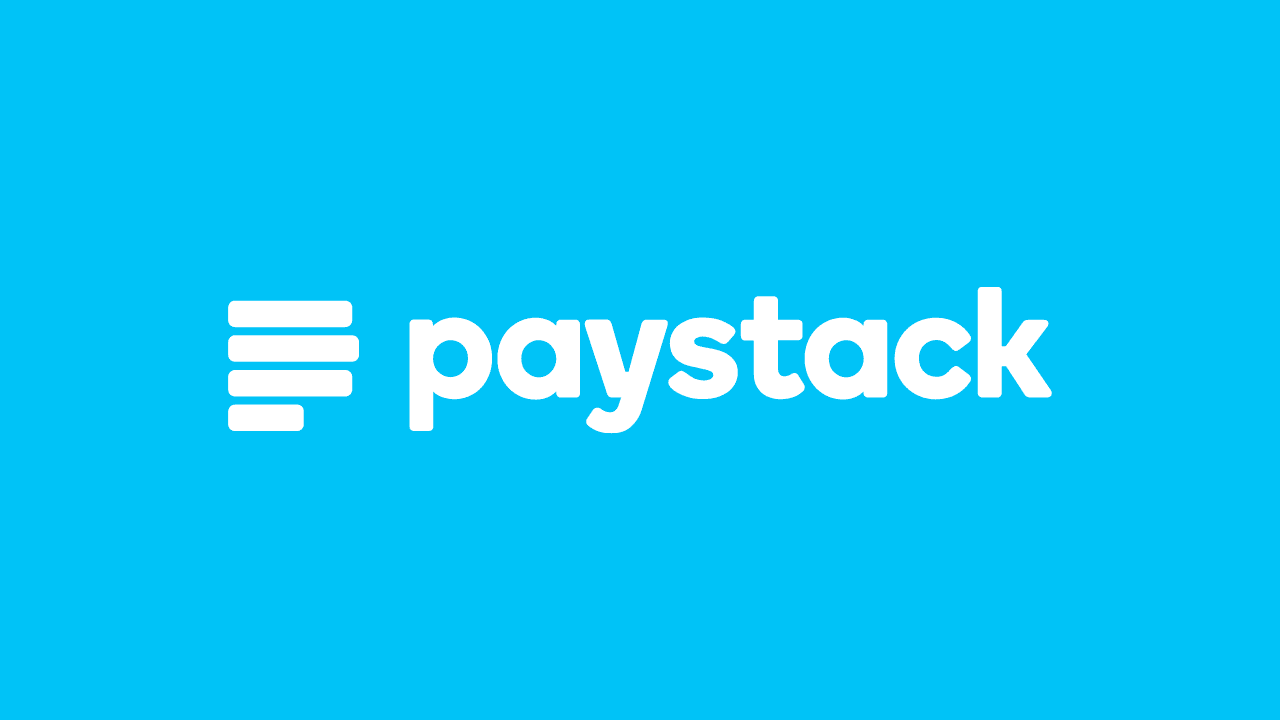Nigerian financial technology company; Paystack, has secured a Payment Service Provider license from the Central Bank of Kenya (CBK). With this, it will now be able to carry out operations in the Eastern African nation and already begun private beta testing.

The Business Operations and Expansion Lead for Paystack in Kenya; Caroline Muema made it known via a statement that, “In every country in which we operate, Paystack strives to build fast, secure, and reliable payment services for businesses and customers. In Kenya – our fourth country where we operate locally, after South Africa, Ghana, and Nigeria – we’re thankful to receive the authorisation required to operate in full compliance with regulations.”
Read Also: Brazilian Payments Unicorn Sets Sights On Africa
Paystack through its Payment Service Provider license will now be able to help businesses in Kenya receive recurring card payments that are automated, as well as one time card payments. Businesses who use Paystack will also be able to receive payments from their customers via global and homegrown payment routes like American Express, Mastercard, Visa, Apple Pay, and Safaricom’s very known M-Pesa mobile money service.
In addition, business who use Paystack will be able to utilize the platform’s Developer Documentation to create or set up custom or unique payment ways, while combining with Paystack’s vast array of plugins to receive payments through other widely accepted platform’s like Wix, WooCommerce, and Shopify.

Read Also: Visa Ends All Global Debit Card Agreements With FTX
Merchants on Paystack will also be to use the no code commerce tools on the platform like Storefronts and Payment Pages to easily market their goods and services while also monitoring it all through Paystack’s Merchant mobile application which is available on Google’s Playstore and Apple’s Appstore.
The Product Manager for Paystack in Kenya; Vikaran Ubhi stated that, “We will work with an initial group of businesses to refine our platform in Kenya, implement feedback, and ensure that we build a fast, reliable, truly delightful payment experience.”
Read Also: Average Of 1.6 Billion Kenyan Shillings Is Borrowed Daily By Kenyans From Fuliza
The Governor of the Central Bank of Kenya; Patrick Njoroge made it known that a number of African fintech companies were not licensed to carry out operations in Kenya as remittance providers or as payment service providers.
Read Also: Flutterwave Is Now Valued At More Than 1 Billion US Dollars
While a number of the companies opted to expand into Kenya through strategic partnerships with entities and companies that were already licensed, the Central Bank of Kenya (CBK) issued a directive to all other financial institutions in Kenya to, “cease and desist from dealing with Flutterwave and Chipper Cash.”

A number of observers feel that it is as at now quite difficult to obtain licenses in Kenya as a financial service provider. A well known African investor; Victor Asemota made it known via his official Twitter account that, “The truth about fintechs and how long it takes them to operate before they get licensed in Kenya. I tried to invest in iPay in 2010 so I am very familiar with this. So, let’s kill the narrative of Nigerian fintechs “breaking the laws”, those licenses are never easy to get.”
Read Also: Crypto Users Move 192,340 Bitcoin From Exchanges In The Past 7 Days
In order to get a Payment Service Provider license in Kenya from the Central Bank of Kenya (CBK) interested companies have to undergo four (4) steps that include a preliminary engagement that basically entails studying or going through the National Payment System (NPS) Act and Regulations while also interfacing with the Central Bank of Kenya (CBK). This usually lasts a period of three (3) weeks.
Read Also: How To Transfer Data Bundles From One Airtel Number To Another
Once that is done, the interested Payment Service Provider (PSP) will then need to make a proposal and book not less than three (3) business names with the Registrar of Companies. According to a Central Bank of Kenya (CBK) document, ”The name, if approved, will be valid for 12 months from the date approval is granted by the CBK within which the applicant should have received authorization to carry out PSP services.”

Read Also: Mastercard Unveils New Cryptocurrency Product
The next step would be the Application for an Authorization Certificate. Once the proposed product or company name has been approved and confirmed, a fee of 5,000 Kenyan Shillings which is around 40 United States Dollars when converted. The fee is non refundable.
If it is a foreign company said entity will be required to provide along with other documents, a signed declaration from its board of directors to comply with the National Payment System (NPS) Act and Regulations.
Read Also: Jumia and Zipline Partner For Drone Delivery Services
Once the interested Payment Service Provider (PSP) has completed the steps above successfully, if the Central Bank of Kenya (CBK) is content with the application, it will issue a letter of intent. Said letter of intent will require the interested Payment Service Provider (PSP) to pay an authorization fee of 100,000 Kenyan Shillings which is around 795 United States Dollars (USD) when converted.
Read Also: Introducing Akadamics.com Africa’s Most Impressive Online Education Platform
The Authorization Certificate will then be issued which will grant the interested Payment Service Provider (PSP) permission to begin its business operations and provide payment services in Kenya.
How informative was this particular article? Are there any other news topics, categories, or How To topics, that you would like us to write on? Feel free to reach out to Nexbit KE in the comment section.


